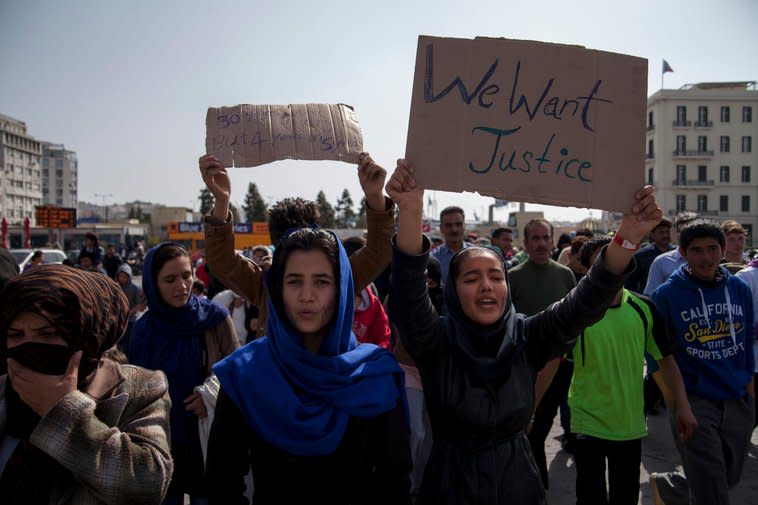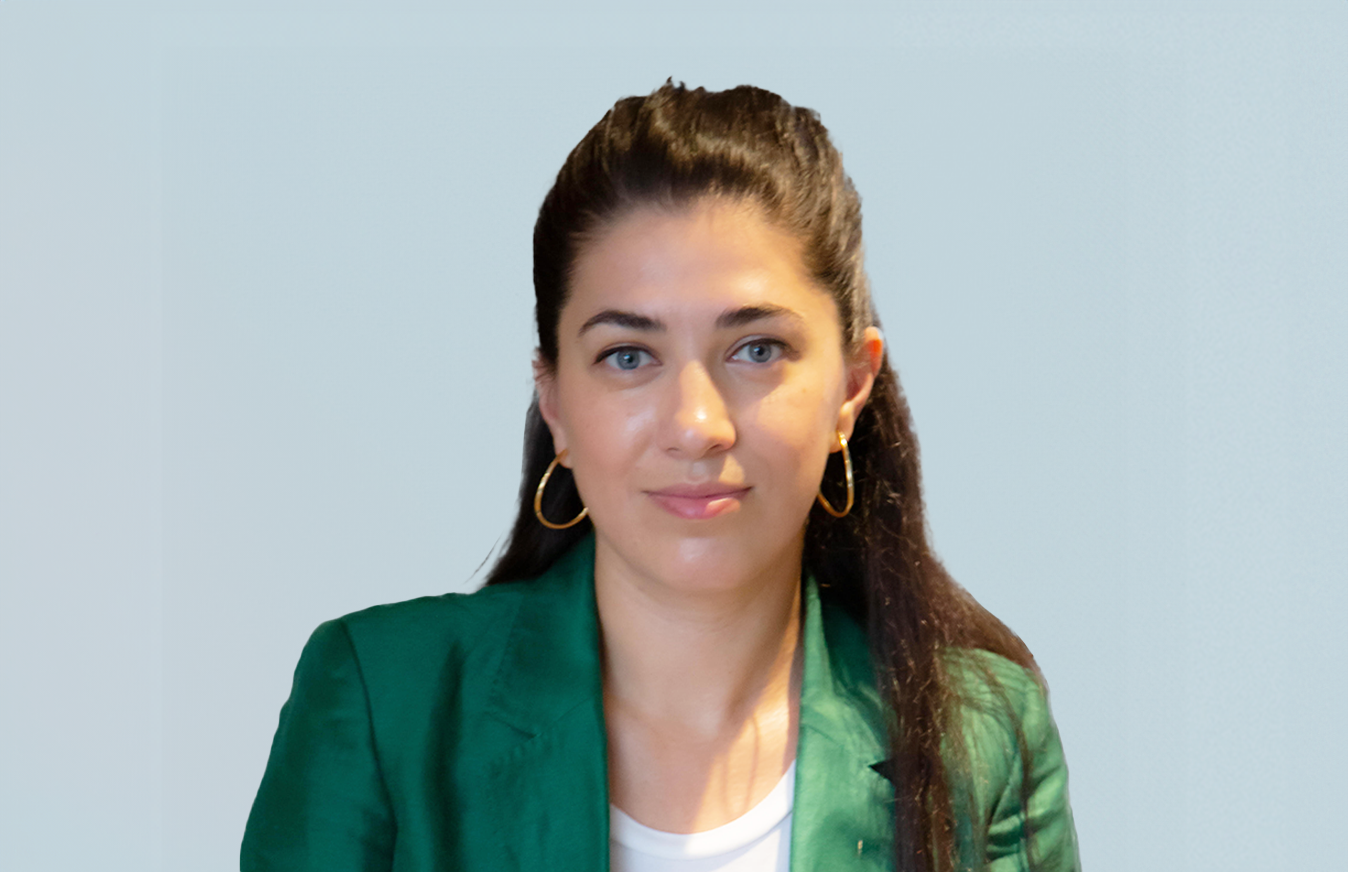
"With each passing month, the Taliban regime and the atrocities they commit become more entrenched and accepted. It sets a dangerous precedent that threatens the lives of women and girls everywhere."
This week marks three years since the Taliban's military takeover of Afghanistan, a grim and traumatic day for millions of Afghans and their allies. In the aftermath, over 20 million women and girls in Afghanistan have been subjected to what scholars and activists around the world are condemning as gender apartheid. Yet, what is often missing from these discussions is a critical exploration of how we reached this point and the role that two decades of international presence in Afghanistan played in creating the harsh reality that Afghan women and girls are enduring today.
In February 2020, the United States struck a deal with the Taliban, sidelining the Afghan government and people, and leaving their fate precariously hanging. This agreement, negotiated in Doha, was meant to facilitate the swift withdrawal of U.S. troops but also saw the simultaneous pullout of vital contractors who were, by design, the backbone of the Afghan National Army. As these supports vanished amidst the Taliban’s military offensive, the strength of Afghanistan's defence force rapidly dwindled. By August 15, 2021, the Taliban entered Kabul, marking a profound and tragic shift for millions of Afghans who had been repeatedly reassured that such a fate would never come to pass again. None of this was inevitable; it was man-made.
Today, much of this context is forgotten. Flimsy arguments of cultural relativism, the classic portrayal of Afghanistan as a perpetual battleground, and the depiction of its people as inherently violent and accepting of extreme oppression obscure the reasons that millions of Afghans, particularly Afghan women and girls, find themselves living under a system that denies the most basic of freedoms: to go to school past grade six, to enjoy a stroll in a park, to get a haircut. Women and girls have been relegated to second-class status, barred and segregated from men in most public spaces.
This abuse is gender apartheid and it is time world leaders recognise it as a crime against humanity.
Gender apartheid describes a system that intends to maintain institutionalised, systematic oppression and domination of one gender group over another. Currently, the international community does not legally recognise gender apartheid as a crime despite support from Afghan activists and many global experts, including prominent feminists and legal scholars.
The power to change this lies with U.N. member states who have the duty to address serious violations of international law. But to get them to act will require a stronger global response.
The good news is that there is historical precedent to guide us. When the world came together to fight racial apartheid in South Africa, global solidarity and activism led to legal change and the system’s eventual dismantling. Similar principles can guide us today. We can harness the power of public opinion and pressure and mobilise people everywhere to call for an urgent end to gender apartheid in solidarity with the thousands of Afghan women and girls who are resisting every day.
To date, Malala Fund has provided more than $6 million in funding for Afghan education activists — including those living in Afghanistan and in exile — helping girls access 12 years of free, safe, quality education. Our current funding aids Afghan organisations in the delivery of digital and alternative learning programmes for girls banned from secondary education in the country. It also supports partners who are making the case, both legally and morally, for the codification of gender apartheid.
I work with many of these courageous women and girls. They are not waiting for a better future — they are fighting for it. They are running underground schools and safe houses, they are sharing resources and knowledge, and they are protesting the Taliban’s harsh restrictions on streets across the country.
The world cannot not let the women and girls of Afghanistan continue to fight alone. We must all listen to their demands, share their stories and join their calls to end gender apartheid.
If gender apartheid was recognised as a crime under international law, victims and survivors would have a legal pathway to hold the Taliban, and those who help them, accountable for violating women and girls’ fundamental rights. It would not only close the gap in international law but would also provide clearer obligations for states and international bodies to prevent complicity in such crimes. It would ensure humanitarian aid reaches those who need it and guide more coordinated, principled engagement with the Taliban.
Through our advocacy, Malala Fund has seen incredible support from nearly a dozen countries, from Mexico to Malta, Albania to Austria, Brazil to the Philippines. But we need more from our leaders. Engaging with the Taliban, though sometimes necessary for humanitarian purposes, must not lead to normalisation, instead it needs to be rooted in a principled approach that prioritises human rights, especially the rights of women and girls. Experts have argued that any dialogue with the Taliban should come with clear conditions: the reversal of their oppressive policies must be non-negotiable.
Beyond the legal frameworks, this is a defining test of our globally shared principles and values.
Do the lives of Afghan women and girls truly matter to us?
Will world leaders take responsibility for the actions that have led to their current suffering?
With each passing month, the Taliban regime and the atrocities they commit become more entrenched and accepted. It sets a dangerous precedent that threatens the lives of women and girls everywhere.
We cannot allow this injustice to continue. Gender apartheid must not only be condemned, it must be eradicated.
